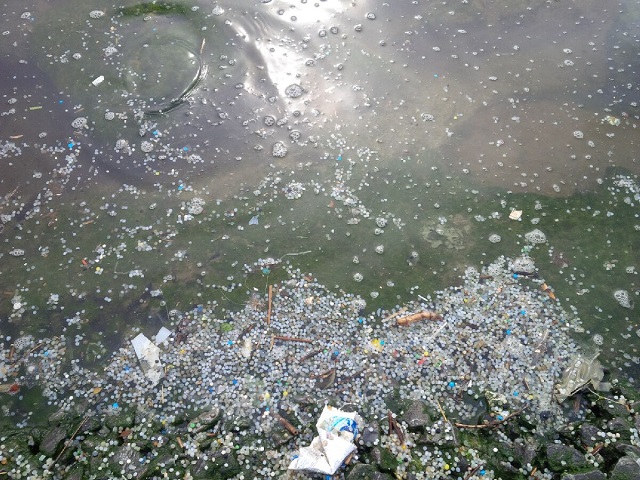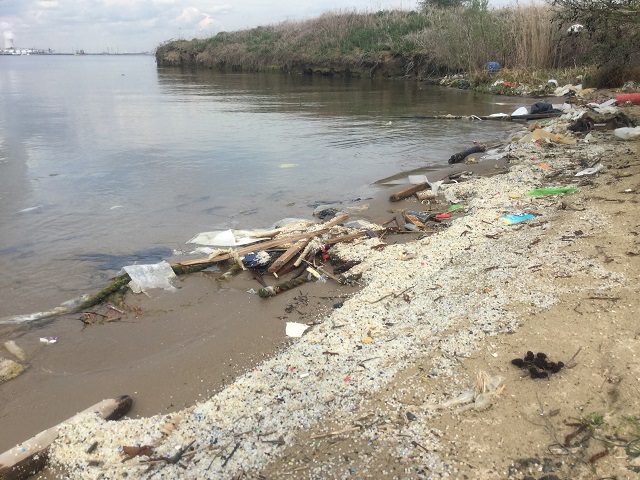Antwerp Implements "Zero Pellet Loss" Initiative
The Port of Antwerp has introduced a new initiative aimed at preventing pollution from polymer pellets used to make plastic products.
The Port is the main polymer hub in Europe for production, handling and distribution of plastic pellets. Every year, millions of pellets find their way via Antwerp to other hubs in Europe.
The companies in the port have undertaken various initiatives to prevent the loss of pellets, but now the entire sector is getting involved. Manufacturing industry, logistics operators and the transport sector are joining Operation Clean Sweep, an international program aimed at preventing plastic litter getting into the marine environment.
Antwerp is the first port in Europe to sign up for this program, an initiative of PlasticsEurope. In practical terms, a “Zero Pellet Loss” consultative platform is being set up in Antwerp to organize measures for keeping the loss of pellets to an absolute minimum. Weekly monitoring will be undertaken to discover the places where plastics can be found in the environment, so that the pollution can be traced to its source and action taken to prevent it. An incident manager will keep watch on pollution and take action to clear it up whenever necessary. The costs of all this will be shared among the various participants.
The Zero Pellet Loss initiative is being organized by Antwerp Port Authority, essenscia (federation of the chemical, plastics and life sciences industries), Voka Chamber of Commerce Antwerp-Waasland: Industry Platform and Alfaport and PlasticsEurope.

that matters most
Get the latest maritime news delivered to your inbox daily.
The companies in the port are not starting from scratch. Various initiatives have already been taken in the past to prevent the loss of pellets. Wide-scale clean-up operations were organized in the port area at the beginning of this year.
More sustainable production and processing of polymers is also high on the agenda. To achieve this, a consultative platform was recently set up at which the participants exchange best practices for making the plastics sector more sustainable. The participants in this platform are all members of the Zero Pellet Loss project. 

